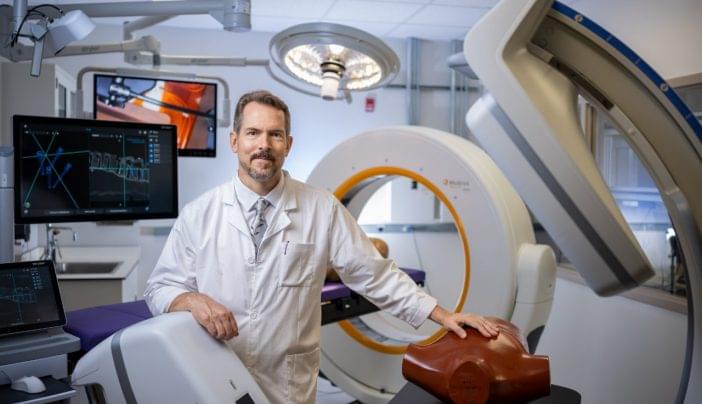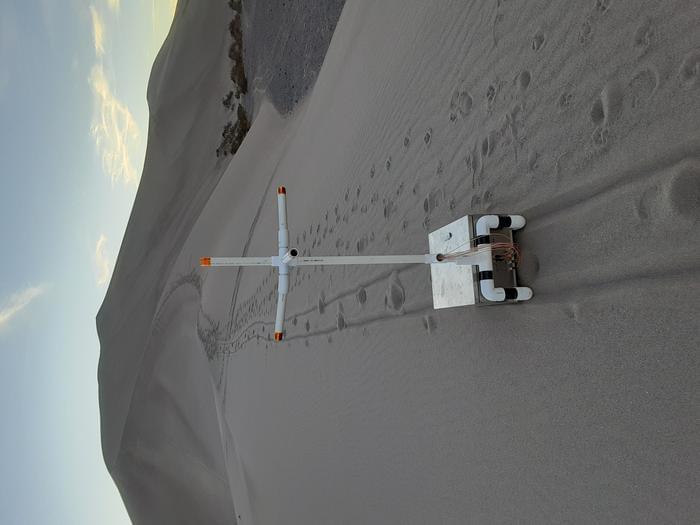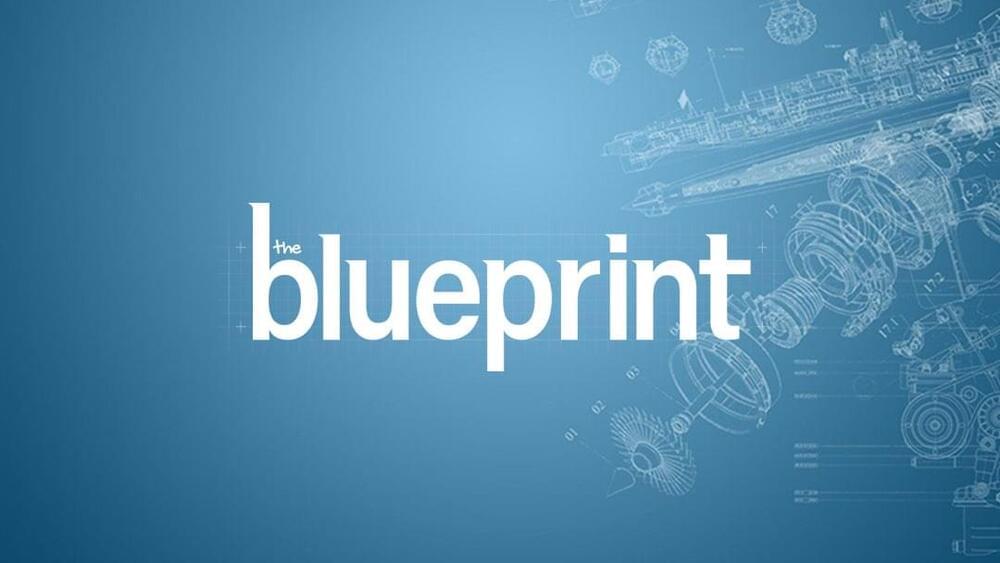When Jeff Siewerdsen, Ph.D., joined MD Anderson last year, he finally got the opportunity to work more closely with clinical teams to make advances that would benefit patients and clinicians in the operating room.


Flames exhibit a spectrum of colors, ranging from yellow and orange to red, blue, and violet. Discover which hue denotes the highest temperature.



Results of DNA studies also seem to confirm the idea that optimism is an effective tool for slowing down cellular aging, of which telomere shortening is a biomarker. (Telomeres are the protective caps at the end of our chromosomes.) This research is still in progress, but the early results are informative. In 2012, Elizabeth Blackburn, who three years earlier shared a Nobel Prize for her work in discovering the enzyme that replenishes the telomere, and Elissa Epel at the University of California at San Francisco, in collaboration with other institutions, identified a correlation between pessimism and accelerated telomere shortening in a group of postmenopausal women. A pessimistic attitude, they found, may indeed be associated with shorter telomeres. Studies are moving toward larger sample sizes, but it already seems apparent that optimism and pessimism play a significant role in our health as well as in the rate of cellular senescence. More recently, in 2021, Harvard University scientists, in collaboration with Boston University and the Ospedale Maggiore in Milan, Italy, observed the telomeres of 490 elderly men in the Normative Health Study on U.S. veterans. Subjects with strongly pessimistic attitudes were associated with shorter telomeres — a further encouraging finding in the study of those mechanisms that make optimism and pessimism biologically relevant.
Optimism is thought to be genetically determined for only 25 percent of the population. For the rest, it’s the result of our social relationships or deliberate efforts to learn more positive thinking. In an interview with Jane Brody for the New York Times, Rozanski explained that “our way of thinking is habitual, unaware, so the first step is to learn to control ourselves when negative thoughts assail us and commit ourselves to change the way we look at things. We must recognize that our way of thinking is not necessarily the only way of looking at a situation. This thought alone can lower the toxic effect of negativity.” For Rozanski, optimism, like a muscle, can be trained to become stronger through positivity and gratitude, in order to replace an irrational negative thought with a positive and more reasonable one.
While the exact mechanisms remain under investigation, a growing body of research suggests that optimism plays a significant role in promoting both physical and mental well-being. Cultivating a positive outlook, then, can be a powerful tool for fostering resilience, managing stress, and potentially even enhancing longevity. By adopting practices that nurture optimism, we can empower ourselves to navigate life’s challenges with greater strength and live healthier, happier lives.
PBS Member Stations rely on viewers like you. To support your local station, go to: http://to.pbs.org/DonateSPACE
Sign Up on Patreon to get access to the Space Time Discord!
/ pbsspacetime.
EMPs aren’t science fiction. Real militaries are experimenting on real EMP generators, and as Starfish Prime showed us, space nukes can send powerful EMPs to the surface. So what exactly is an EMP, and how dangerous are they?
Check out the Space Time Merch Store.
https://www.pbsspacetime.com/shop.
Sign up for the mailing list to get episode notifications and hear special announcements!
https://mailchi.mp/1a6eb8f2717d/space…
Search the Entire Space Time Library Here: https://search.pbsspacetime.com/

“More testing, a purification system and approval from the U.S. Food and Drug Administration would be needed to put the strategy to work. But insulin produced by transgenic cows could ease shortages that often make the hormone hard to come by for the 8.4 million Americans with diabetes who rely on it to survive.”
MONDAY, March 18, 2024 (HealthDay News) — There may be an unexpected fix for ongoing shortages of insulin: A brown bovine in Brazil recently made history as the first transgenic cow able to produce human insulin in her milk.
Researchers at the National University of Singapore (NUS) have developed an innovative method for creating carbon-based quantum materials atom by atom. This method combines the use of scanning probe microscopy with advanced deep neural networks. The achievement underlines the capabilities of artificial intelligence (AI) in manipulating materials at the sub-angstrom level, offering significant advantages for basic science and potential future uses.
Open-shell magnetic nanographenes represent a technologically appealing class of new carbon-based quantum materials, which host robust π-spin centers and non-trivial collective quantum magnetism. These properties are crucial for developing high-speed electronic devices at the molecular level and creating quantum bits, the building blocks of quantum computers.
Despite significant advancements in the synthesis of these materials through on-surface synthesis, a type of solid-phase chemical reaction, achieving precise fabrication and tailoring of the properties of these quantum materials at the atomic level has remained a challenge.

How deep is the lunar regolith and megaregolith, the latter of which consists of the cracked lunar crust layers resulting from billions of years of impact craters? This is what the Synthetic Pulse Artemis Radar for Crustal Imaging (SPARCI, pronounced “sparky”) instrument hopes to address as the Southwest Research Institute (SwRI) was recently awarded a 3-year, $2,041,000 grant from NASA’s Development and Advancement of Lunar Instrumentation (DALI) program as part of advancing lunar exploration technologies.
Image of the Synthetic Pulse Artemis Radar for Crustal Imaging (SPARCI, pronounced “sparky”). (Credit: Southwest Research Institute/Bryan Pyke)
“Learning more about the lunar megaregolith will help us gain a wider understanding of the Moon’s formation and that of similar bodies with thin, sparse atmospheres,” said Dr. David Stillman, who is a geophysicist at SwRI and SPARCI’s principal investigator. “If we are able to pinpoint exactly where this layer begins, we can use that to create more accurate formation and evolution models.”
